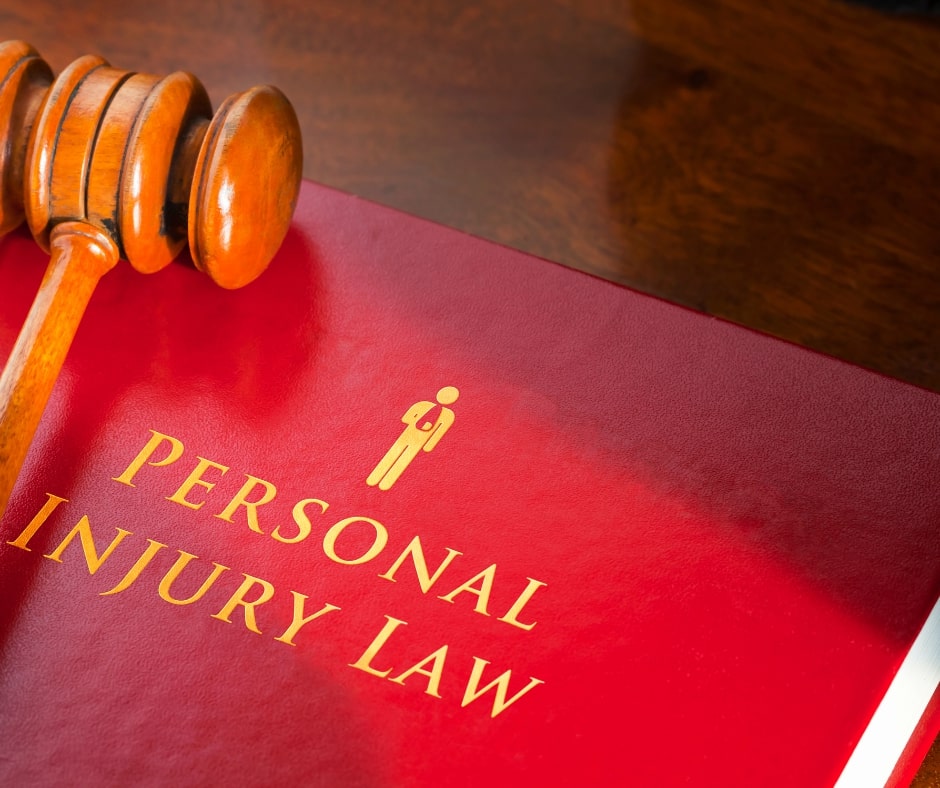Navigating the Texas Personal Injury Claims Process: A Step-by-Step Guide

Personal injury law encompasses a wide range of legal claims resulting from injuries or damages inflicted by one party upon another. In Texas, this area of law primarily revolves around negligence—a failure to act with the care that a reasonably prudent person would exercise in similar circumstances. Victims of personal injuries, which can range from vehicular accidents and slips and falls to medical malpractice and workplace injuries, may seek compensation for medical expenses, lost wages, pain and suffering, and other related damages.
Key Aspects of Texas Personal Injury Law1. Statute of LimitationsIn Texas, you typically have two years from the date of the injury to file a personal injury claim. This means that if you fail to file your claim within this period, you may lose your right to seek compensation. Specific circumstances, such as injuries involving a minor or those related to government entities, may have different deadlines, making it crucial for victims to act promptly.
2. Comparative NegligenceTexas follows a modified comparative negligence rule. This means that if the injured party is found to be partially at fault for the accident, their compensation may be reduced by their percentage of fault. For instance, if a jury awards $100,000 but finds the injured party 20% responsible, they would receive $80,000. However, if their degree of fault is 51% or greater, they would be barred from recovering any damages.
3. Types of DamagesVictims of personal injury in Texas can pursue several types of damages, which may be classified as either economic or non-economic. Economic damages include tangible losses such as medical bills, lost wages, and property damage. Non-economic damages refer to intangible losses, including pain and suffering, emotional distress, and loss of consortium. In some cases, punitive damages may also be awarded to punish particularly egregious conduct and deter similar behavior in the future.
4. The Role of InsuranceInsurance plays a significant role in personal injury cases. In Texas, vehicle drivers are required to carry liability insurance, which can cover damages resulting from accidents. However, navigating insurance claims and understanding coverage limits can be complex. Often, insurance companies may attempt to minimize payouts, making it essential for victims to have a clear understanding of their rights and the details of their policies.
5. Seeking Legal HelpEngaging a knowledgeable personal injury attorney can be crucial for victims seeking justice. An experienced lawyer can help navigate the complexities of Texas law, gather evidence, build a strong case, and negotiate with insurance companies on behalf of their clients. Legal representation can significantly increase the likelihood of receiving fair compensation.
Understanding Texas personal injury law is essential for anyone who finds themselves a victim of negligence or an accident. By familiarizing oneself with the legal framework, victims can make informed decisions about their cases and take the necessary steps toward recovering compensation for their injuries. Whether through negotiation or litigation, the right legal support can make all the difference in achieving justice and restoring peace of mind.
What Constitutes a Personal Injury Claim in Texas?In Texas, a personal injury claim arises when an individual suffers harm due to the negligence or wrongful actions of another party. To successfully file a personal injury claim, certain key elements must be established.
Firstly, the plaintiff, or injured party, must demonstrate that the defendant ow ed a duty of care to them. This obligation exists in various contexts, such as in traffic accidents where drivers have a responsibility to operate their vehicles safely, or during healthcare interactions where medical professionals must adhere to a standard of care.
Next, it is essential to prove that the defendant breached this duty. This breach may involve actions such as speeding, distracted driving, or failing to provide adequate medical treatment. The breach must be shown to have directly caused the injury sustained by the plaintiff. This causal link is critical, as it connects the actions of the defendant to the damages suffered by the victim.
The damages in a personal injury claim can encompass various factors, including medical expenses, lost wages, pain and suffering, and emotional distress. In Texas, the injured party is entitled to seek compensation for both economic and non-economic losses, reflecting the comprehensive nature of personal injury claims.
It is also important to note that Texas operates under a modified comparative negligence system. This means that if the injured party is found to be partially at fault for the accident, their compensation may be reduced proportionately to their degree of fault. For instance, if a jury finds the plaintiff 20% responsible for an accident, they would only recover 80% of the total damages awarded.
In summary, a personal injury claim in Texas involves establishing a duty of care, demonstrating a breach of that duty, proving causation, and quantifying damages. Those considering such a claim should consult with a knowledgeable personal injury attorney to navigate the complexities of Texas law and ensure their rights are protected.
Get Help From an Experienced Personal Injury Lawyer in TexasAn experienced personal injury attorney in Harris County, Galveston County, Fort Bend County, Montgomery County, Brazoria County, Houston, Sugar Land, Missouri City, and Stafford, Texas at Thornton Esquire Law Group, PLLC will take over the case from the very beginning and make sure that you receive fair compensation for your injuries. A personal injury lawyer will help you recover medical expenses, lost wages, pain and suffering, and other losses due to the accident. Contact us today at www.thorntonesquirelawgroup.com for a free case evaluation consultation.
